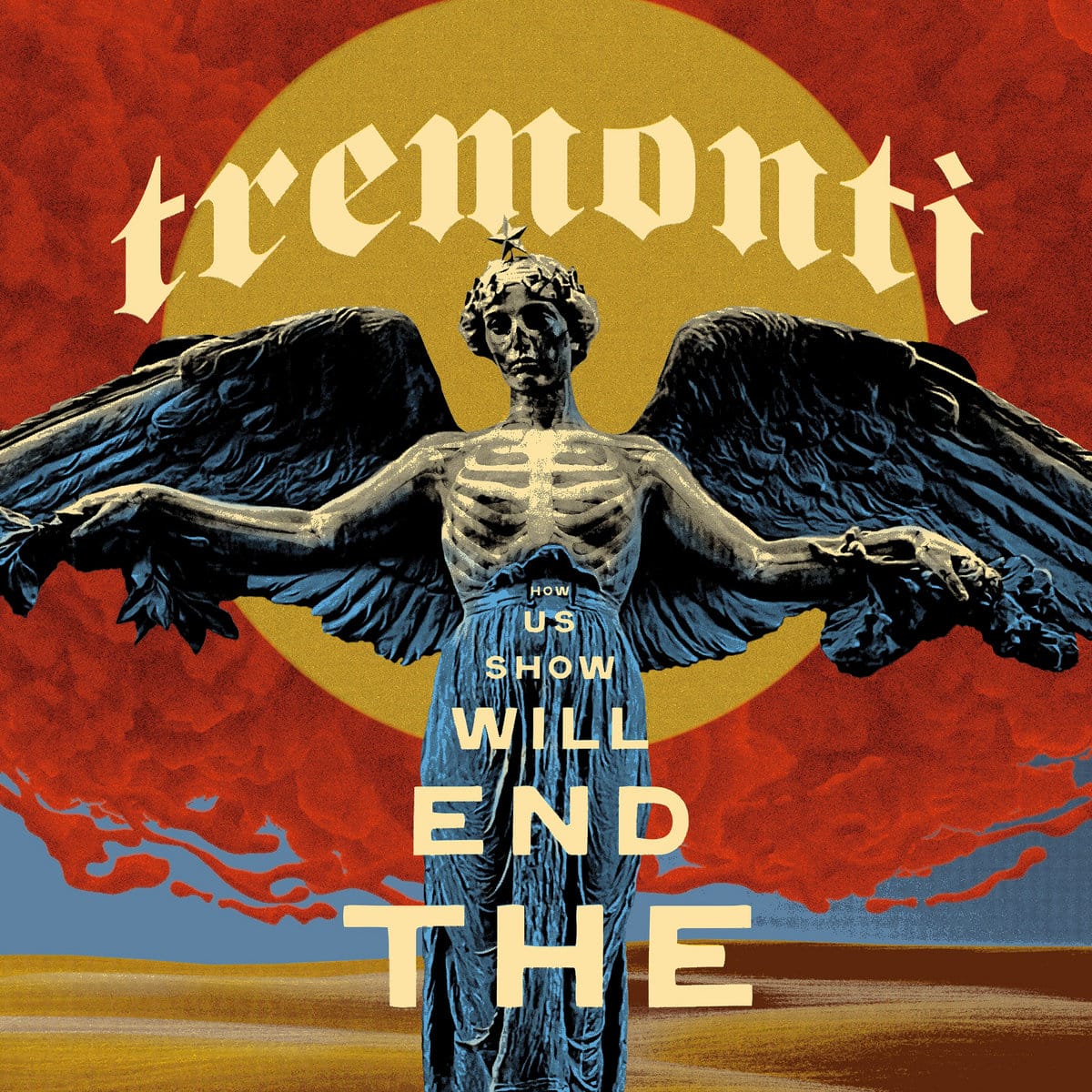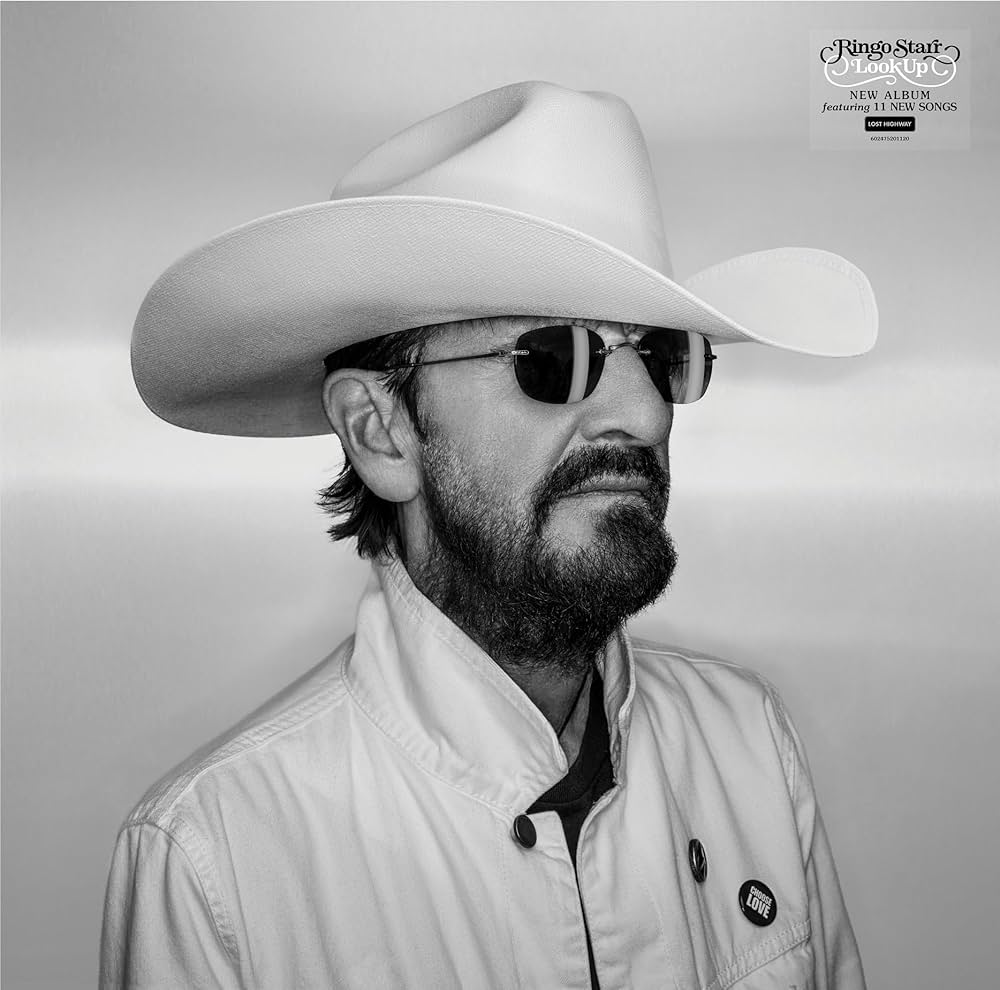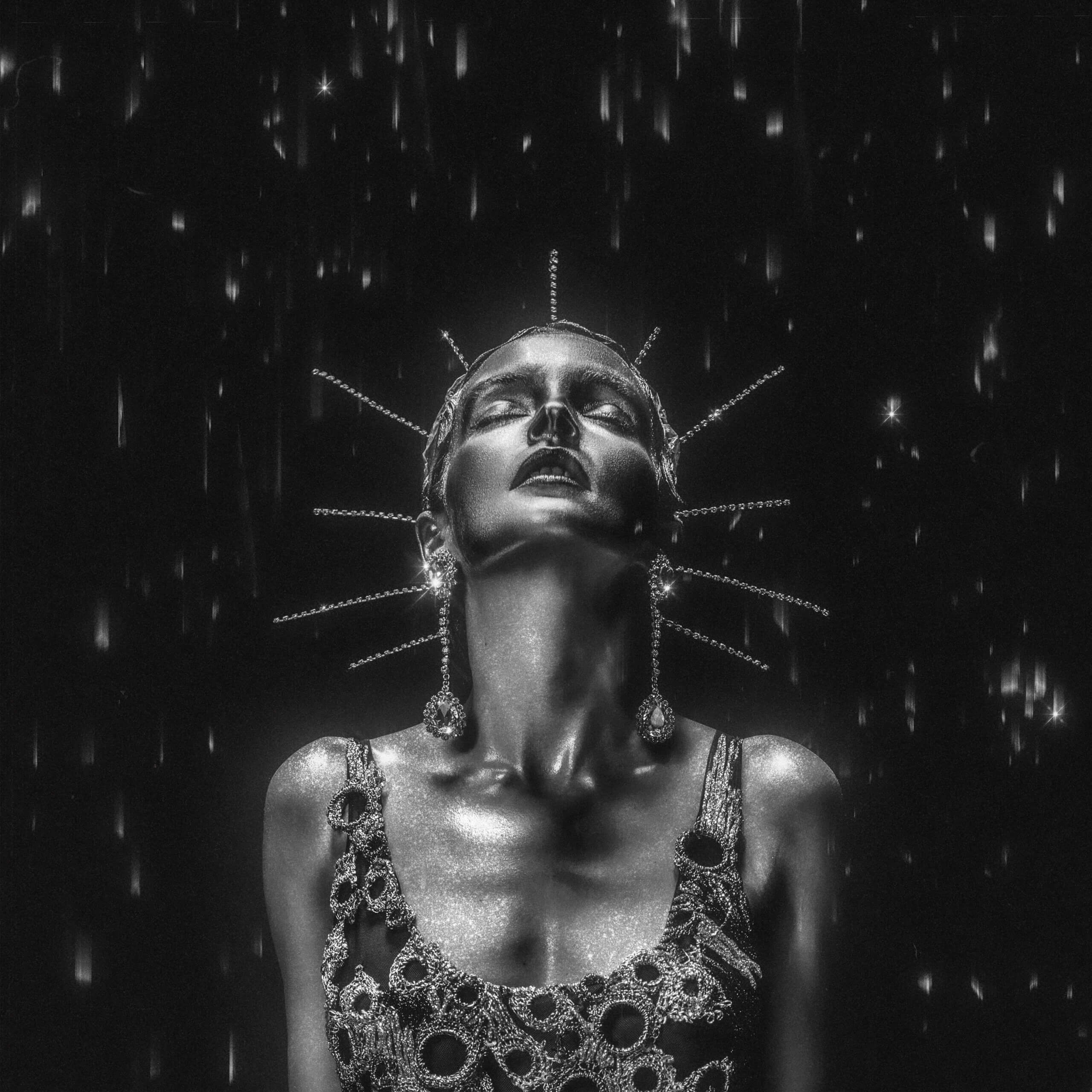Here I present a selection of my top 10 favorite guitarists. Each one possesses a distinctive trait that has captivated me and connected me to their music in a unique and profound way.
Compiling this list was no easy task; I could have easily expanded the selection to more than thirty names without any trouble, so narrowing it down to just 10 was a true challenge.

10. Marty Friedman
His career is truly fascinating. After being a part of the thrash metal band Megadeth for 10 years—a period during which he left his mark—he suddenly decided to leave the band and move to Japan around the year 2000. Since then, he has had a successful solo career and has been involved in the local Japanese music scene.
While I have always been able to appreciate the genius of his contributions to the discography he recorded with Megadeth, it wasn’t until I heard some of his solo albums, during his Japanese phase, especially his albums covering J-pop songs, that I truly came to appreciate him and became a huge fan.
Friedman is a guitarist with enormous control over his instrument. Articulate and dynamic. He plays very cleanly and with excellent technique. Moreover, he has a great sense of melody. I can hear the enjoyment, feeling, and commitment with which he plays each note. Although he has maintained his metal inclinations, he always seems willing to expand his musical knowledge, complexity, and repertoire of exotic sounds, aspects for which he was recognized since his Megadeth years. More than any other guitarist on this list, he gives me the impression of listening to a story when I hear his songs.
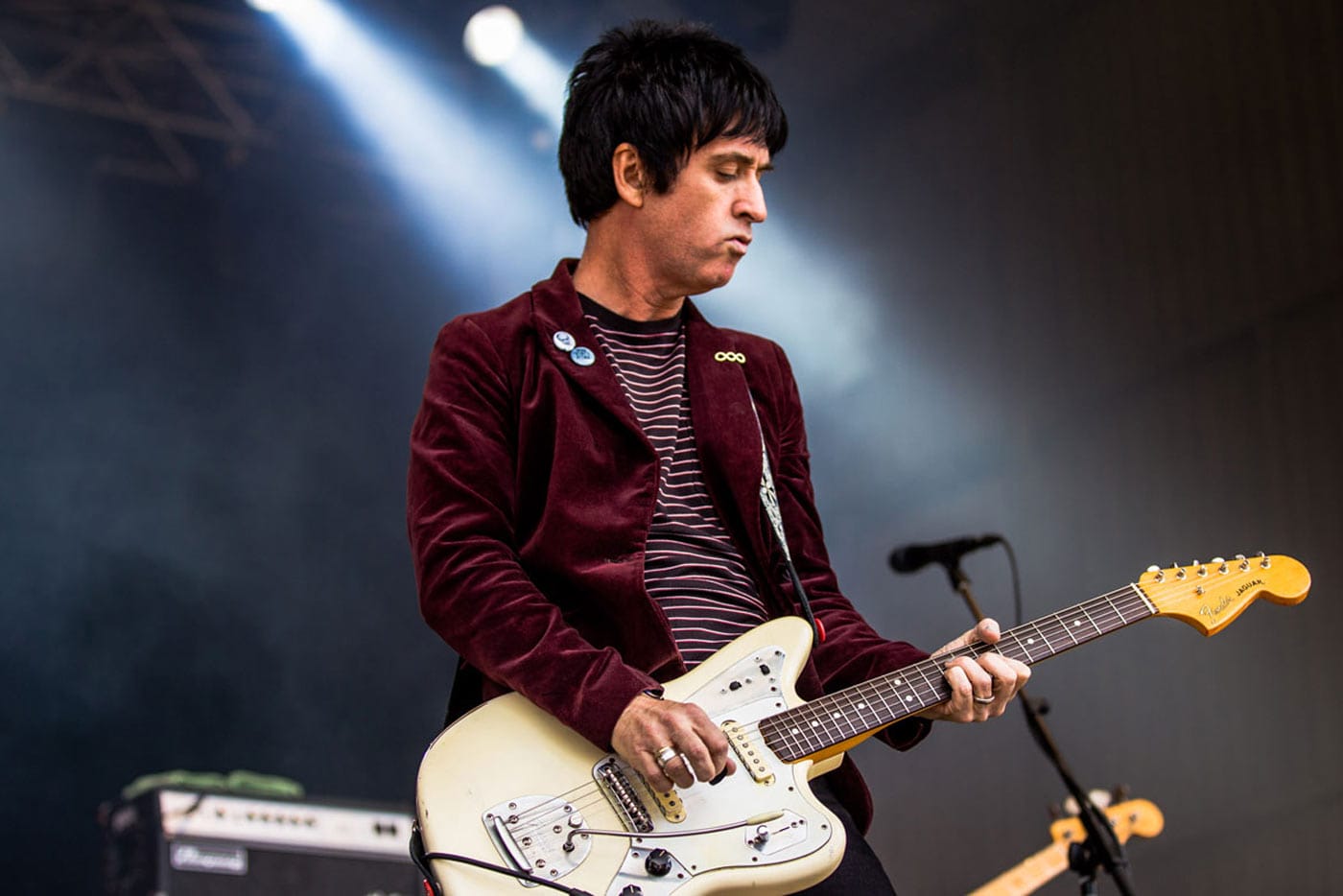
9. Johnny Marr
A true sound wizard. It was a brief journey, with just a handful of albums recorded with The Smiths, but it was enough to create a musical legend still celebrated today. While he has had a successful career on his own after The Smiths disbanded at the end of the 1980s, it is the songs he recorded with Morrissey and the rest of the band that have celebrated him the most.
The Smiths’ music features a foundation created by various layers of sounds that Marr added with his guitar, and occasionally with keyboards. Often, these were brilliant arpeggios courtesy of the Rickenbacker guitar he favored at the time, or jangling strums. Sometimes he used a slide, or even added noise with feedback or electronic devices.
However he did it, the result is that The Smiths’ music was composed of a woven sonic collage, orderly, harmonic, sometimes intense and unexpected, generally subtle, but always delicately crafted. Marvelous indeed.
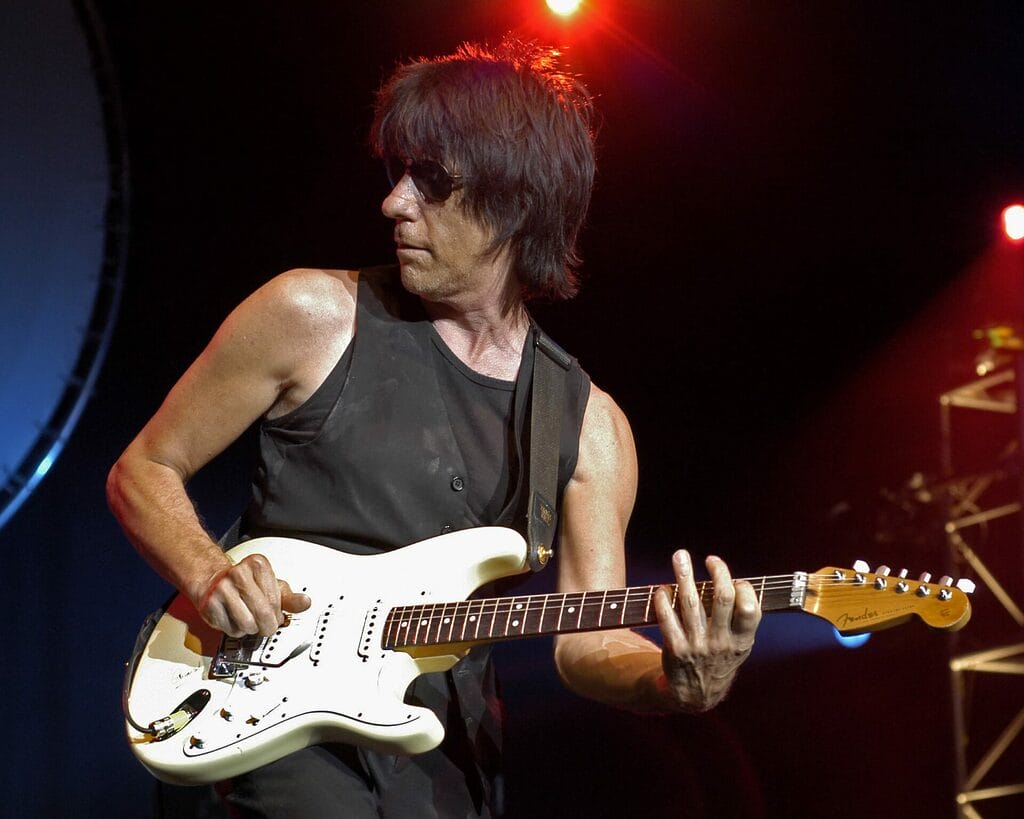
8. Jeff Beck
I don’t think I’ve ever heard a guitarist play in a more articulate, detailed, and expressive manner than Jeff Beck. Has there ever been anyone in history who has undertaken a greater sonic exploration of the Fender Stratocaster than Jeff Beck?
Recognized as a guitar hero by the world’s guitar heroes themselves, listening to Jeff Beck is a true delight for the senses. With every note of his solos, he communicates an impressive depth. His expressiveness is oscillating and sensitive; his dynamic and textural control, astonishing.
Honestly, I perceive no separation between the man and his instrument. I remember reading in a Guitar World interview where he said something similar about his Stratocaster: “My Strat is another arm, it’s part of me. It doesn’t feel like a guitar at all. It’s an extension that becomes my voice.” It might sound cliché, but in the case of Jeff Beck, it’s the purest truth.
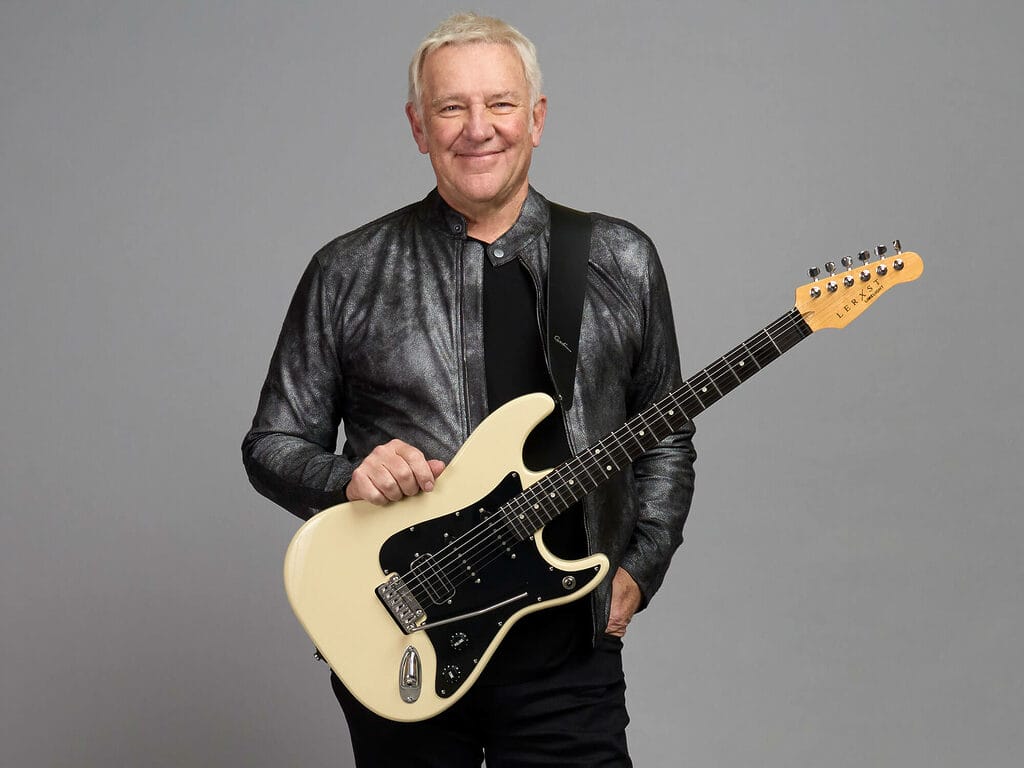
7. Alex Lifeson
The guitarist from Rush often doesn’t get the recognition he deserves. I believe one of the reasons is that his bandmates are none other than Geddy Lee and Neil Peart, both of whom are globally recognized as two of the most virtuosic musicians in history on their respective instruments.
It’s hard to listen to Rush and not be impressed by Lee and Peart, which means Lifeson’s contributions often go unnoticed.
Lifeson has stated on multiple occasions that one of his main goals in Rush was to fill as much sonic space as possible, as a consequence of Rush being just a trio and feeling the need to compensate for this.
To do this, Lifeson used a variety of special effects, complex chords, and vibrant arpeggios, resulting in massive sound strokes, creating a dense harmonic background upon which his bandmates built more dynamic and notable parts.
Achieving this requires great skill and planning, in addition to the considerable talent needed to keep pace with his two colleagues. And with every step they took, weaving the particular complexity of the band’s songs, he was there, alongside them, performing his role to perfection, with precision and focus. And when it was his turn to solo, he did not disappoint either.

6. Juan Valdivia
Juan Valdivia, popularly known among fans of Héroes del Silencio as ‘El Maestro,’ is a guitarist whose my appreciation has grown over time. His distinctive arpeggiating style combined elegance with a touch of chaos, bringing a unique and vibrant characteristic to his music. None of his phrases were exactly the same as the previous one, contributing to a sense of movement and depth in Héroes del Silencio’s music.
His riffs, excellent and energetically rock, provide a solid and contagious foundation for each song. Last but not least, his impressive solos. ‘El Maestro’ has always shown extraordinary talent in creating melodic, exciting, and unforgettable musical lines that resonate in the listener’s memory long after the music has ended.

5. Eddie Van Halen
As has been said time and again, Eddie could easily be considered one of the greatest guitarists in history. It’s no surprise the well-deserved recognition he received since Van Halen became a prominent band. His legacy is incomparable. His playing style has been constantly imitated, and his sound is one of the most pursued by guitarists around the world.
Always willing to experiment with different approaches and techniques, he constantly pushed the boundaries of what could be done with the electric guitar. The word “genius” falls short for him.
It never ceases to amaze me the tremendous mastery Eddie had over his instrument. He always played with tremendous dynamism. His parts impressed and elevated Van Halen’s songs to another level, not only because he was an extremely technically skilled guitarist but also supremely musical.
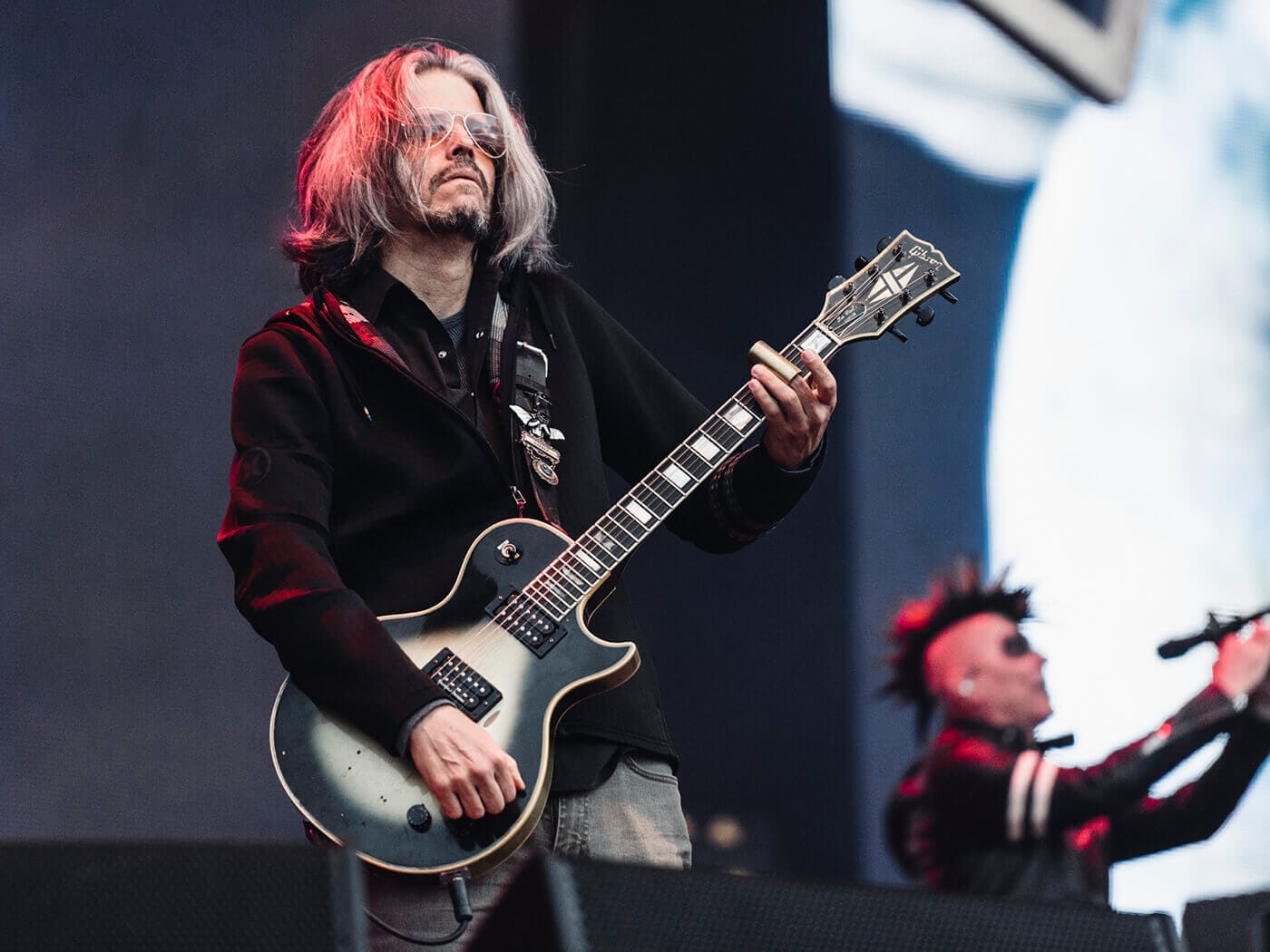
4. Adam Jones
The guitarist for Tool is like a strange mix between a dark abstract artist and an unstoppable metal machine. Skilled in using his Silverburst Les Paul along with a combination of different amplifier to create memorable riffs and huge growling guitar walls, dissonant and sharp solos, parts in unusual time signatures, and even deep, subtle, ethereal and spiritual moments wrapped in sensitivity.
Jones is also primarily responsible for the creation of the band’s original videos and the stunning visuals projected on giant screens during their concerts. A complex, brilliant, and talented visual and musical artist.
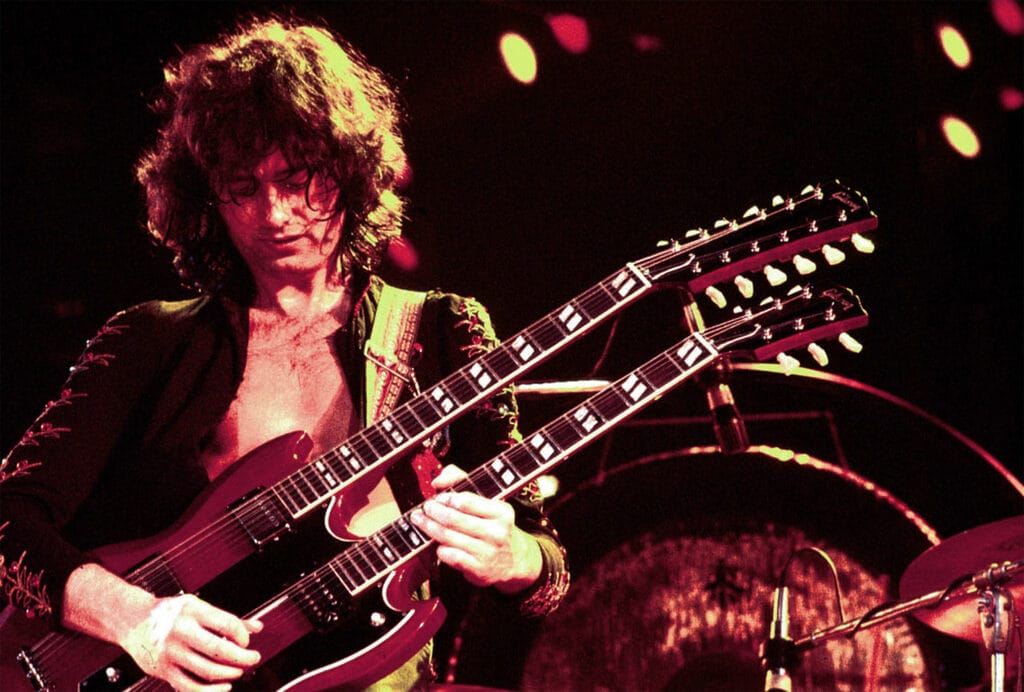
3. Jimmy Page
What can I say about Jimmy Page that hasn’t already been said? It feels like embarking on a task destined to fail. I’ll make a brief attempt, mentioning what I find most relevant.
There are many aspects of Led Zeppelin’s music that hook me into the band, but one of my favorites is that each of Jimmy Page’s parts consistently resonates with an immense sense of depth to me, unlike anything I’ve ever heard from another guitarist.
Far from being merely the product of the technical aspects that make up his sound, or the guitar he was using (usually his reliable 1959 Les Paul), this undoubtedly stems from his particular way of playing. It’s the cliché that “it’s all in his own hands,” but it really seems to be an instinctive tactile notion that causes his touch to be so unique. Perhaps natural talent, mixed with an exceptional mastery of his instrument and his vast genius for creating an endless arsenal of original and enduring parts.
It’s also important to remember his notable work as the main producer of Zeppelin’s iconic albums. A genius who knew exactly what he was doing.
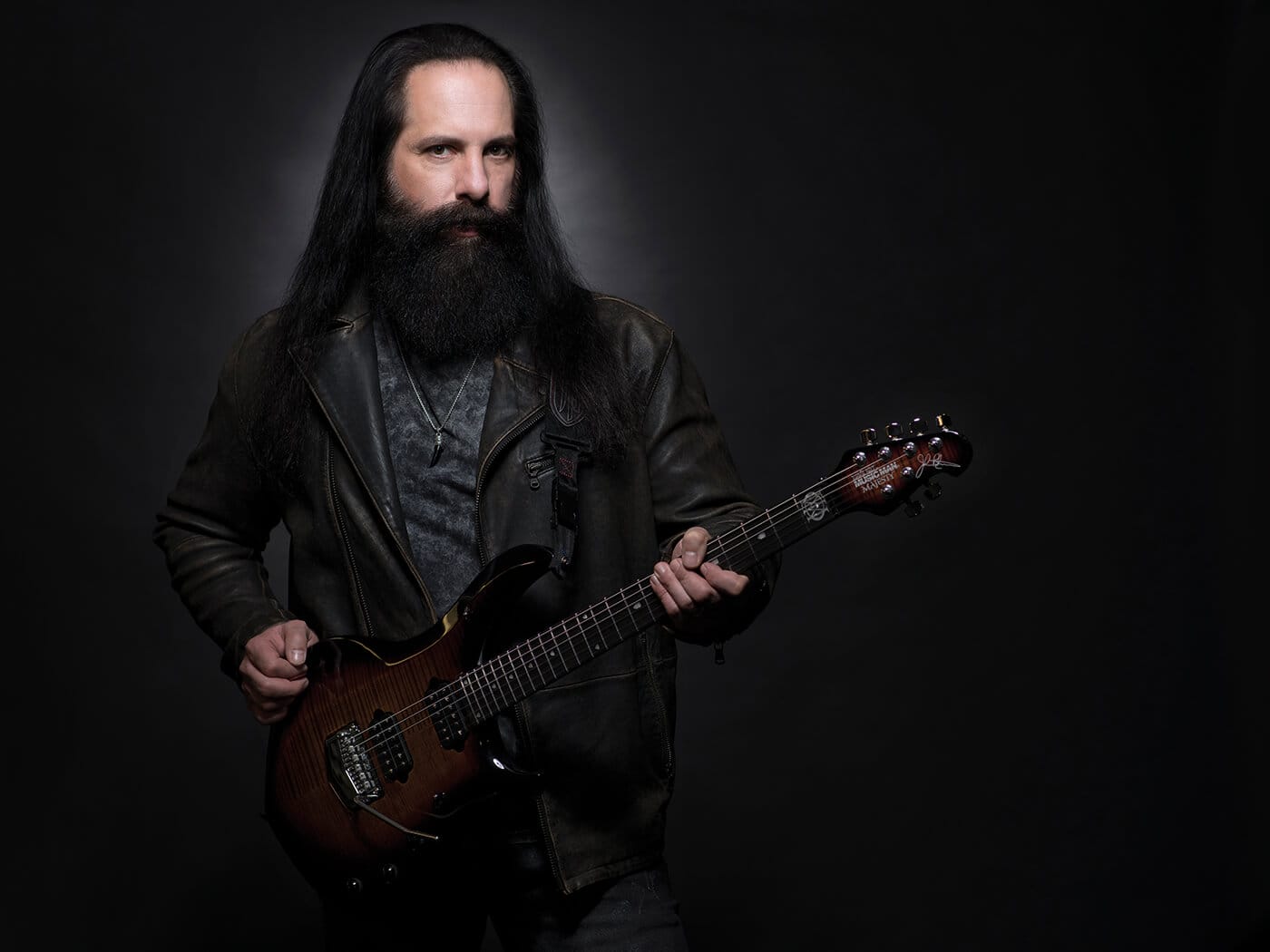
2. John Petrucci
Petrucci is a master guitarist, a fact I believe is evident to any fan of Dream Theater.
What might not be so obvious is that he isn’t just a machine churning out long, labyrinthine parts in odd time signatures or executing his instrument perfectly at a speed of 10,000 notes per second. He is one of the few guitarists I know, and possibly the best in this regard, who, in addition to possessing immense speed and precision along with complete technical mastery of his instrument in a lot of different styles, can effortlessly dial it back to play slow, beautiful passages with legitimate depth and feeling. With a beautiful touch. With heart.
In fact, I’ve always thought of Petrucci as the soul of Dream Theater. In my view, he stands at the center of the band’s music, with everything revolving around him. And this isn’t just a technical consideration, due to the guitar being rhythmically central in Dream Theater’s music or Petrucci being one of its principal composers. It seems that all the other band members are always following him at every moment, something that I believe has a lot to do with the energy and charisma with which John Petrucci perpetually envelops the complex music that Dream Theater produces.
A complete guitarist, if there ever was one.
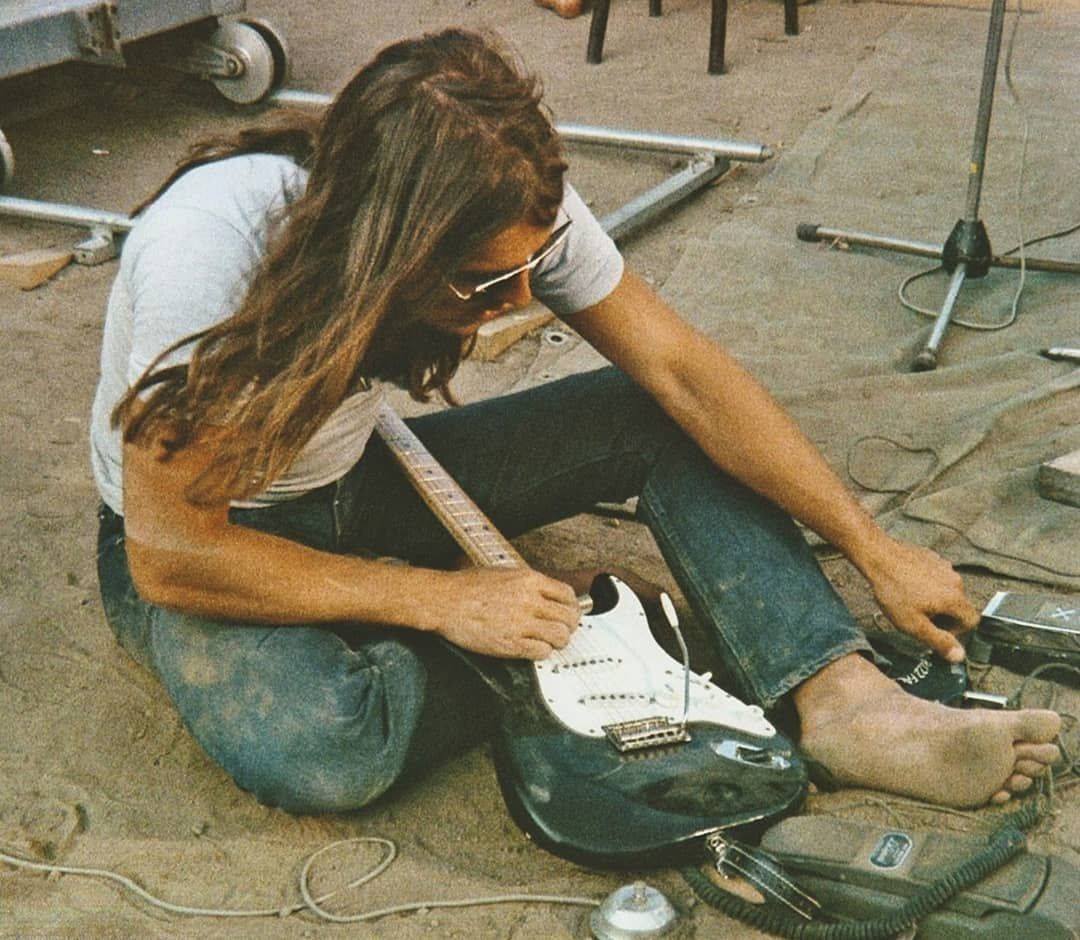
1. David Gilmour
Although there are times when Pink Floyd completely disappears from the musical repertoire that reaches my ears, eventually I hear the first notes of the solo in the introduction of “Shine On You Crazy Diamond”… and I sigh.
No one else does what David Gilmour does. No one else produces that magic. That marvelous touch, which seems to have the greatest feeling, depth, and three-dimensionality that a human being could ever produce with an electric guitar.
I think I could argue that this is really what it all comes down to. David Gilmour is not an ordinary human being. His hands have the touch of the gods.
His solos seem to me the most exceptional I have ever heard, even when in essence they are usually simple, mostly made up of a minor pentatonic scale sound, tape delay, and a fuzz-type distortion. It’s his touch, his expressiveness, and that unique way of integrating his phrases within the musical structure in which his companions are playing, like a brilliant and intuitive musical architect. His rhythmic parts are also excellent and very well positioned.
One cannot help but mention the sound of his Fender Stratocaster. It’s incredible. A sound that many, including myself, use time and again as a reference for excellence; as a standard for what a guitar should sound like.
I’ve said it before, Pink Floyd is one of those bands whose sound, their music, is practically a musical style in itself. David Gilmour was a fundamental piece of that.




